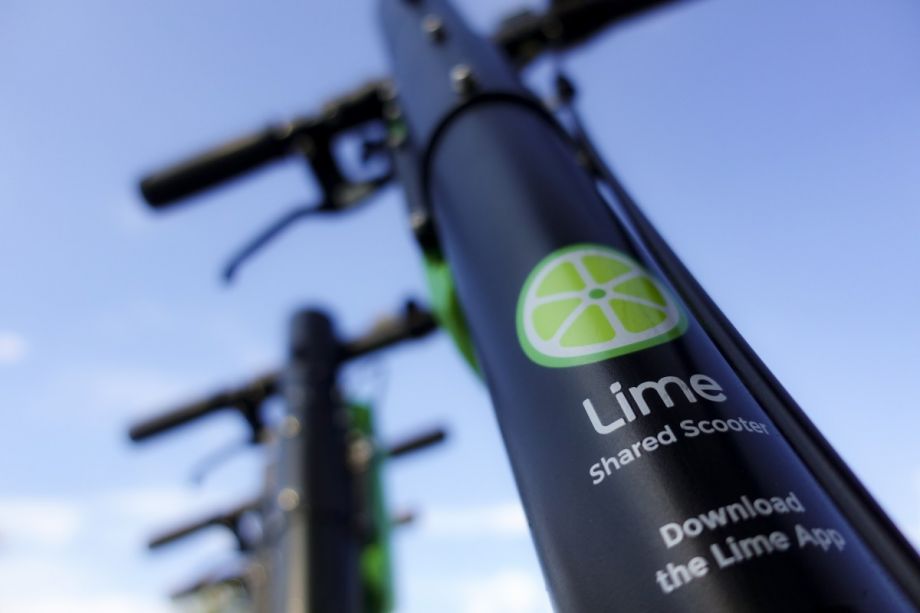Cinnamon Janzer
November 14, 2019
As practically anyone living in an urban area has experienced first hand, e-scooter companies have tended to take an “ask for forgiveness, not permission” approach to deploying fleets of e-scooters in cities across the world with little to no notice beforehand. While this disruption-based method has left many cities scrambling to reactivity figure out how to manage the chance, St. Louis was able to take a proactive approach, thanks to a failed public bikeshare program.
When the bikeshare program didn’t pan out after a grant failed to come through, the city’s bikeshare working group did produce a permitting system that was ready to be applied when e-scooters descended on St. Louis in early 2018. With equity top of mind, “the permit identifies a number of neighborhoods where we require there to be a percentage of dockless bikes or e-scooters every day,” explains Scott Ogilvie, the transportation policy planner in the Planning and Urban Design Agency for the City of St. Louis. The city requires 2.5 percent of the minimum fleet of each area and a minimum of 20 percent of the total fleet to be in neighborhoods outside the central corridor at the start of each day. “We don’t want to offer a new amenity in the city that’s not available to a large portion of the city. That’s part of the permit we’re proud of,” Ogilvie says.
The flexibility that comes from…
Read the full article here.

